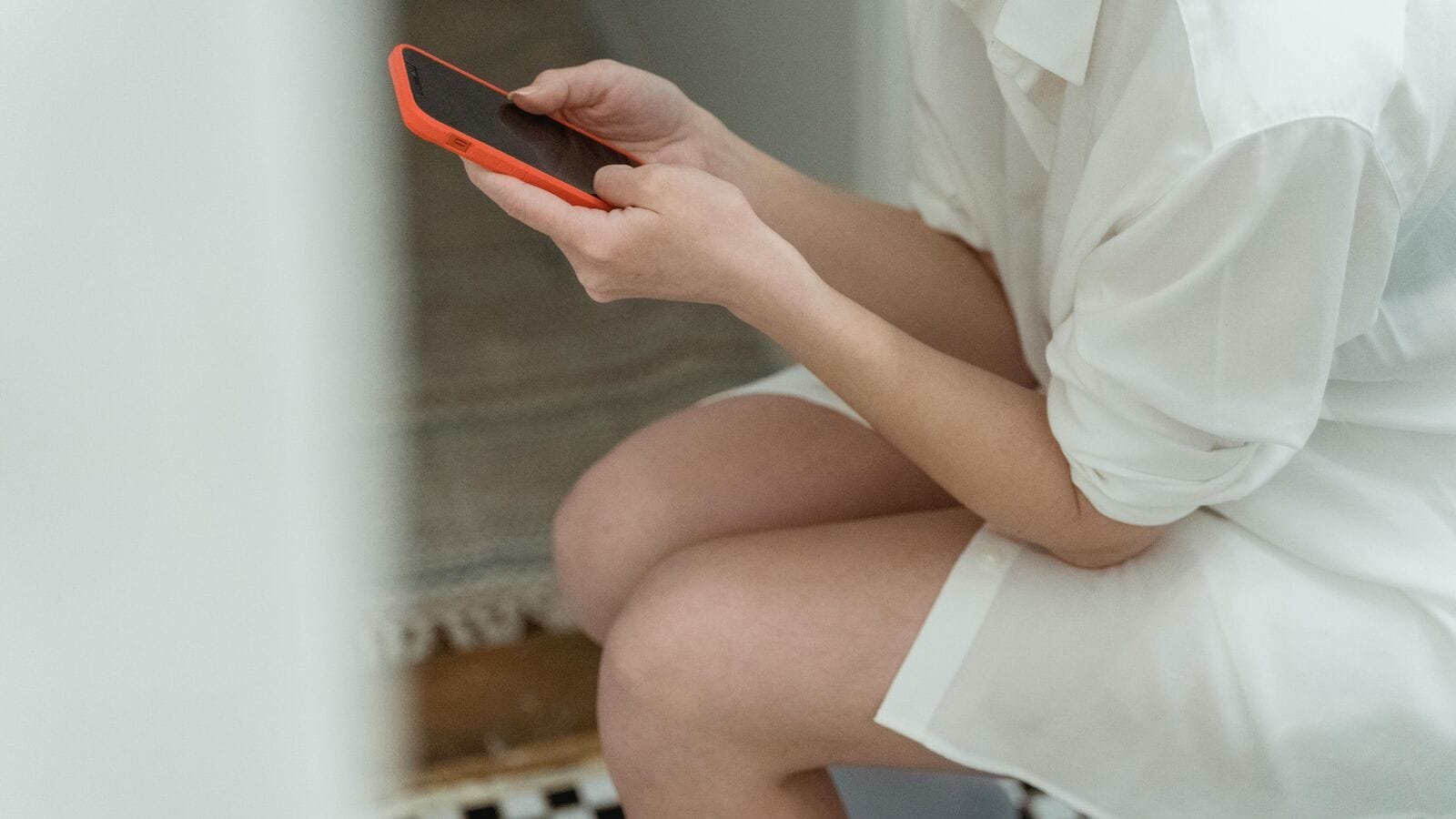Doctors have issued a strong warning about the risks of spending too much time on the toilet, a habit linked to health problems like haemorrhoids and weakened pelvic muscles. This common practice, often made worse by using phones or reading in the bathroom, could lead to serious complications, experts have cautioned.
Colorectal surgeon Dr. Lai Xue from the University of Texas Southwestern Medical Center has explained that sitting on the toilet for more than 10 minutes increases gravitational pressure on the lower body.
This pressure affects blood circulation, leading to swollen veins around the anus, which raises the risk of haemorrhoids.
“It becomes a one-way value where blood enters, but blood really can’t go back,” CNN quoted Xue as saying.
Prolonged sitting weakens pelvic floor muscles, essential for smooth bowel movements. It could even cause rectal prolapse, a condition where part of the intestine slips out of place.
Dr. Farah Monzur from Stony Brook Medicine advised limiting bathroom time to 5–10 minutes. According to her, using phones or books often distracts people, making them unaware of how long they’ve been sitting.
Forced straining during bowel movements can further aggravate the situation, damaging muscles and increasing the chances of long-term issues.
To prevent these problems, doctors recommend keeping distractions like smartphones and reading material out of the bathroom.
“You don’t want to go with the mindset that you will be there for a long time. Because then you’ll want to bring something to keep the mind occupied. Make sitting on the toilet bowl as uninteresting as possible,” Farah said.
It may lead to cancer
Dr Lance Uradomo, a gastroenterologist, emphasised that the bathroom should not feel like a place to spend extended time. Experts suggest staying hydrated and consuming high-fibre foods such as beans and oats for better digestion and regular bowel movements.
However, persistent constipation or the need for prolonged toilet time might signal underlying health concerns, including irritable bowel syndrome or, in some cases, colorectal cancer.
“If a growth inside the colon grows big enough, it can block the flow of your stool, which can cause constipation and bleeding,” Uradomo said.










